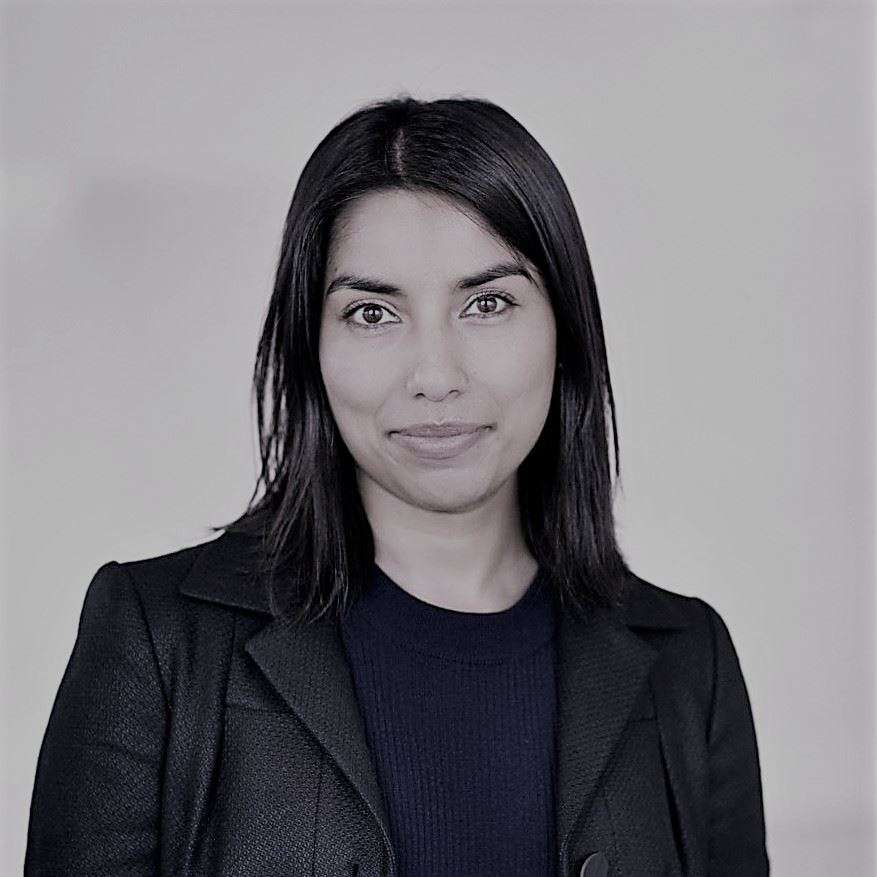 How did Microsoft prepare for the GDPR? Is Artificial Intelligence threatening the legal profession? This month, we had the chance to talk to Fozia Jabbar, Head of Legal at Microsoft Denmark, who talked to us about her work at Microsoft, her views on female leadership, the future impact of technology on the legal profession, and much more. If you are curious to learn more about in the intersection of law and technology, this is a great interview to read!
How did Microsoft prepare for the GDPR? Is Artificial Intelligence threatening the legal profession? This month, we had the chance to talk to Fozia Jabbar, Head of Legal at Microsoft Denmark, who talked to us about her work at Microsoft, her views on female leadership, the future impact of technology on the legal profession, and much more. If you are curious to learn more about in the intersection of law and technology, this is a great interview to read!
You started your career in the field of criminal law, where you worked as Prosecutor at the Ministry of Justice in Denmark. What made you switch to commercial law?
I worked as a prosecutor for 1.5 years and I can say with confidence that my job as a prosecutor was interesting and rewarding. However, I felt that there was something missing! I have always been drawn to the idea of having an international career with an international impact. My career in the public sector did neither offer me international opportunities nor allow me to pass the bar exam. This is why I decided to join a law firm, where I could gain professional experience in international commercial law and prepare for my bar exam.
Microsoft is a proud sponsor of our Women Talent Pool programme (WTP). Why did you decide to embark on this learning and networking journey and what would be your key takeaways?
In order to be a good leader, it is important to constantly grow your skills and build a network of like-minded people. Life-long learning is crucial for leadership development and the WTP programme provides a safe place for women leaders to learn and grow.
I like the variety of the learning opportunities available. They range from workshops, speaking opportunities, to networking sessions. The programme also encouraged me to reflect on different topics that are not part of my everyday work. To be able to discuss topics like digital transformation and artificial intelligence with participants who do not have a legal background is an intellectually enriching experience as it gives you a different perspective on the issue. On top of that, I have managed to build meaningful relationships with other participants!
Life-long learning is crucial for leadership development
and the WTP programme provides a safe place for
women leaders to learn and grow.
In what ways did the new General Data Protection Regulation (GDPR) shake up the European Union (EU) privacy law and how did Microsoft prepare for this new era in privacy regulation?
The GDPR is an important step forward for individual privacy rights. At Microsoft, we have been very supportive of the GDPR ever since it was first proposed in 2012. I also believe that May 25th, 2017 does not represent the end of our work, but rather the beginning of a new era.
At Microsoft, we have always been focusing on creating products and services that help other businesses drive their success. This is at the heart of our business model! In terms of our preparation for the GDPR, we have been creating and developing tools and guidance for our customers to make them compliant. We always make sure that our customers buy products that are in compliance with existing standards and regulations. However, the actual compliance is up to the final users of our products. It is not something we can do for them.
We always make sure that our customers buy products
that are in compliance with
existing standards and regulations.
How do you imagine Artificial Intelligence (AI) changing the job of IT lawyers in the future?
AI is already transforming the legal profession! It can have a positive impact on the legal work since it is much better at performing certain routine tasks: especially sifting through lengthy documents, searching for examples, looking for relevant passages, and doing other administrative tasks. It will not replace lawyers but rather make our work more interesting by automating some administrative tasks and allowing us to focus on more complex and intellectually challenging work. In the end, you still need a lawyer to make the final assessment.
AI will not replace lawyers but rather make our work more interesting
by automating some administrative tasks and
allowing us to focus on
more complex and intellectually challenging work.
For example, at Microsoft, we have created a chatbot that can answer some common and simple legal questions. In many cases, the assistance provided is sufficient and gives the internal clients the answers they are looking for and allows the lawyer to focus on more interesting and complex work!
At WIL, we have the tradition of concluding the interview with a question from Proust’s questionnaire. We have picked the following question for you: What is your motto?
Nothing is impossible, the impossible just takes longer!
Nothing is impossible, the impossible just takes longer!
To read more about Fozia, have a look at her biography!